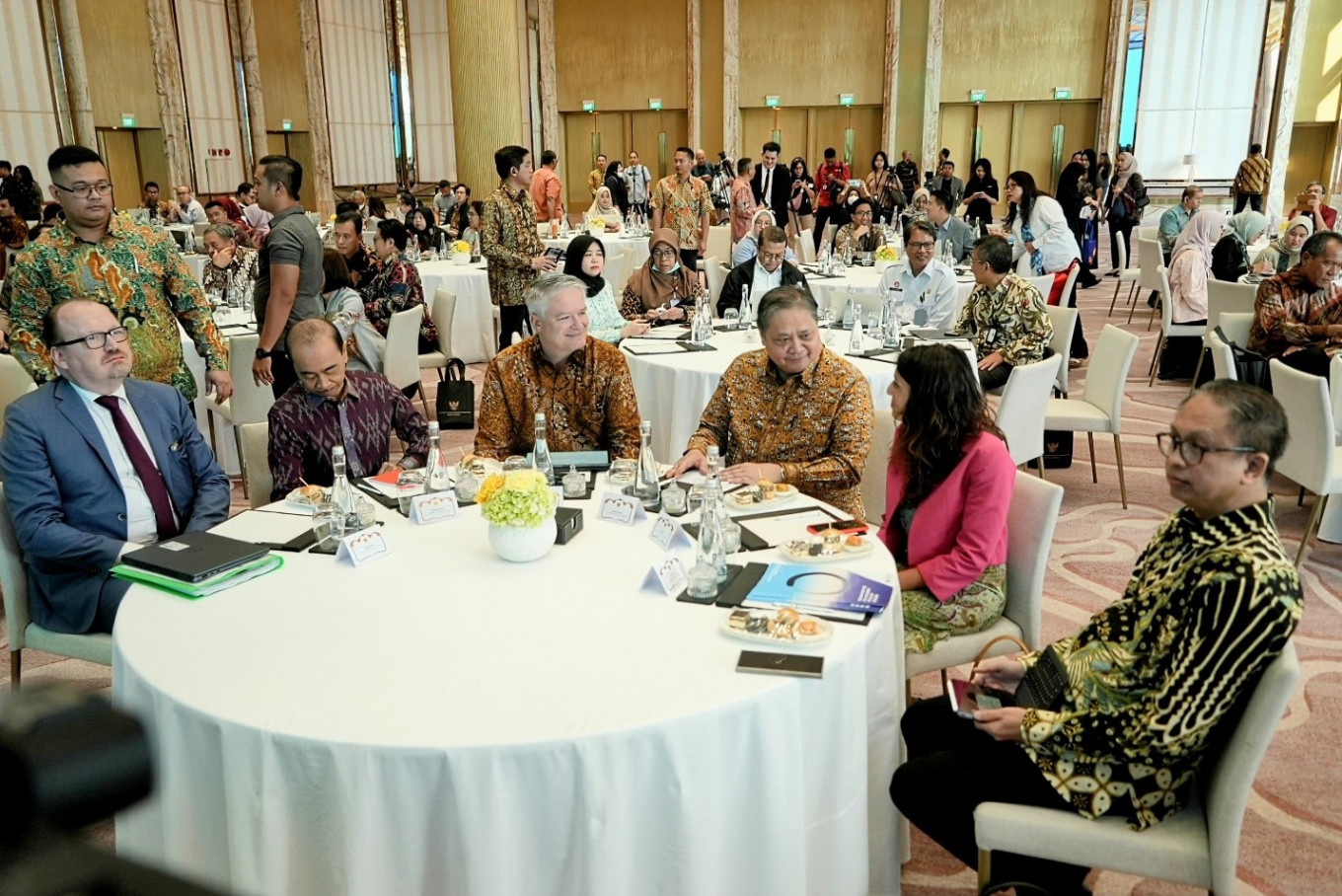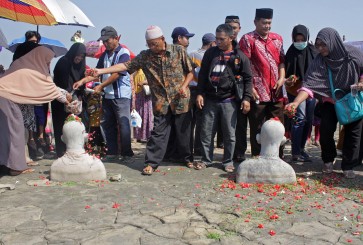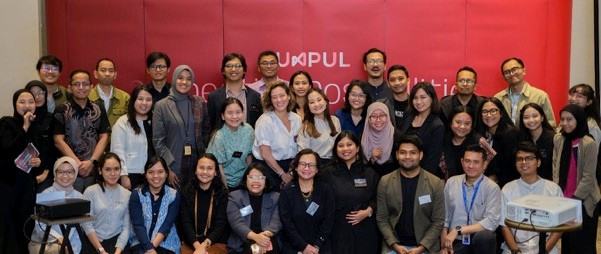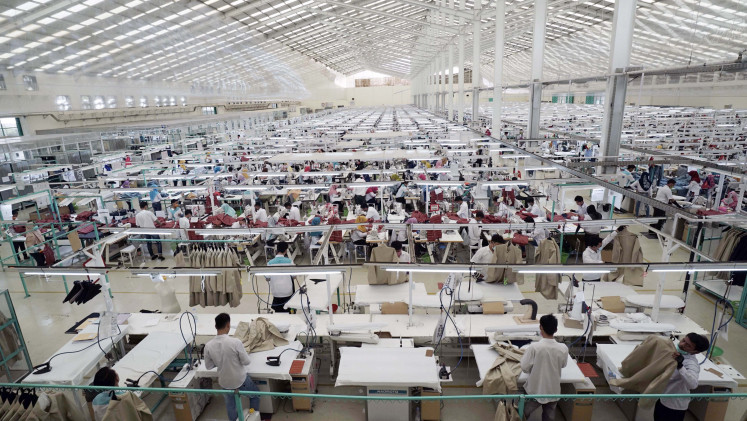OECD accession: Airlangga unveils Indonesia as emerging asian power
Change text size
Gift Premium Articles
to Anyone

T
he Coordinating Economic Ministry, as the focal point in the national team for Indonesia's preparation and acceleration of membership in the Organization for Economic Cooperation and Development (OECD National Team), held a workshop on the OECD accession process in Jakarta on Wednesday (29/05). Several ministries and institutions involved in the accession process also participated in the event. The involvement of these ministries and institutions is crucial to managing the various opportunities and challenges that will be faced during the accession process.
Indonesia's membership in the OECD will play a significant role in driving economic transformation to achieve the Vision of Indonesia Emas (Golden Indonesia) 2045. This is related to the OECD principles of good governance, transparency and inclusive growth, which are highly aligned with Indonesia's vision for progress and prosperity. By 2045, Indonesia aims to achieve Indonesia Emas, which includes achieving a gross national income (GNI) per capita of US$30,300, a middle-class society consisting of 70 percent of the population, and a gross domestic product (GDP) of $9.8 trillion.
"At this time, Indonesia could emerge as the fifth-largest economy in the world. And certainly, political stability is key to achieving that goal," said Coordinating Economic Minister Airlangga Hartarto during the workshop's opening speech.
To achieve this goal, Indonesia needs higher growth, of around 6 tor 7 percent per year. This needs to be driven by massive investments to break free from the middle-income trap. Indonesia's OECD Accession Road Map is a step toward this vision.
By opening up new opportunities for trade, investment and collaboration, Indonesia's accession process to the OECD will be mutually beneficial for the OECD and the Indo-Pacific region.
Minister Airlangga also stated that as a developing global power in Asia, Indonesia has been recognized as a key player. By becoming the first Southeast Asian and third Asian member of the OECD, Indonesia will help shape global policies and ensure a more representative and inclusive OECD.
Echoing Minister Airlangga, OECD secretary-general Mathias Cormann welcomed Indonesia's efforts in the accession process to become a member of the OECD. In his address, secretary-general Cormann also explained the various stages that Indonesia will go through in this process.
Today's workshop session began with a brief explanation of the OECD National Team. The deputy for International Economic Cooperation Coordination Edi Pambudi explained the structure, tasks and functions of the OECD National Team. The team is chaired by Minister Airlangga, assisted by Finance Minister Sri Mulyani Indrawati and Foreign Minister Retno Marsudi as vice chairs. The National Team secretariat will be located at the Coordinating Economic Ministry under the leadership of Deputy Minister Susiwijono Moegiarso.
The workshop consisted of two sessions with speakers directly from the OECD Headquarters in Paris. In the first session, director of Global Relations OECD, Andreas Schaal, outlined the urgency of strengthening cooperation between Indonesia and the OECD. This was followed by a detailed discussion of the accession process and the stages that Indonesia must go through, presented by deputy director of Legal Affairs OECD, Gita Kothari, who also serves as coordinator for accession countries. OECD chief economist Alvaro Santos Pereira also presented the benefits for Indonesia upon joining the OECD.
The second session focused more on technical aspects, namely the preparation process for the initial memorandum (IM). The IM document will contain Indonesia's self-assessment of various regulations against OECD's best standards, regulations and practices. OECD legal adviser Natalie Limbasan stated that the self-assessment was a critical stage that would serve as the basis for reviewers in the 26 existing committees.
In this workshop, the Coordinating Economic Ministry also invited high-ranking officials from the Indonesian government and the OECD, academics from several universities, think tanks, development partners, civil society organizations and knowledge partners. Participants showed great enthusiasm for the workshop, as demonstrated by their critical, to-the-point questions, covering various comprehensive topics.
During the press conference session related to the workshop, Minister Airlangga explained that this workshop is a good opportunity for every ministry, institution and stakeholders involved to understand the entire accession process, standards and OECD practices. Furthermore, secretary-general Cormann affirmed that the OECD would fully support Indonesia in realizing its aspirations, not limited to becoming an OECD member alone, but also becoming one of the world's important economies that will bring many benefits to the people of Indonesia.









